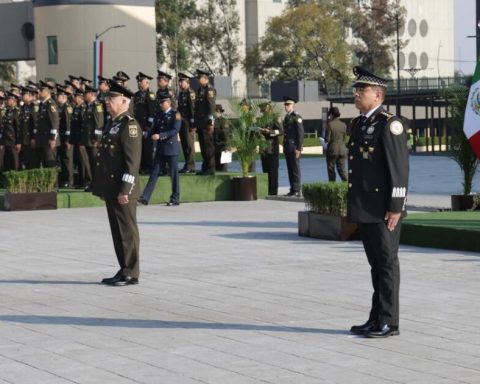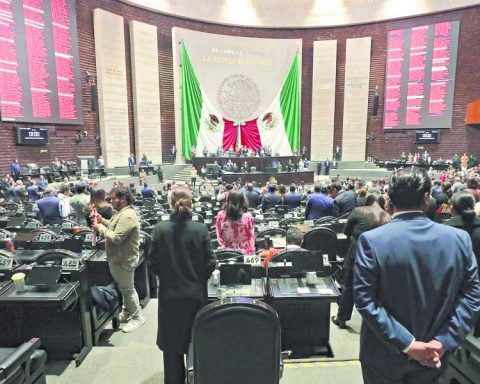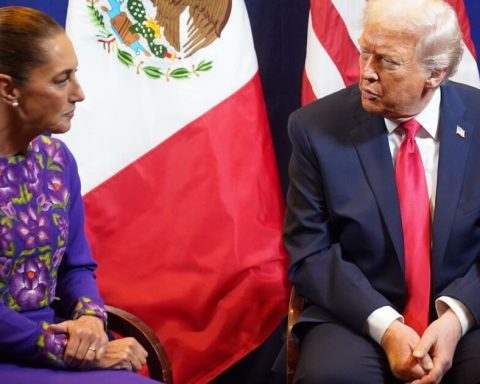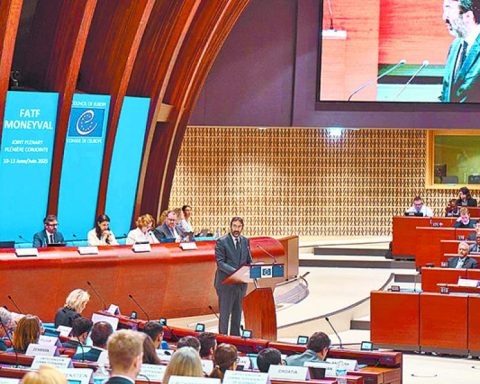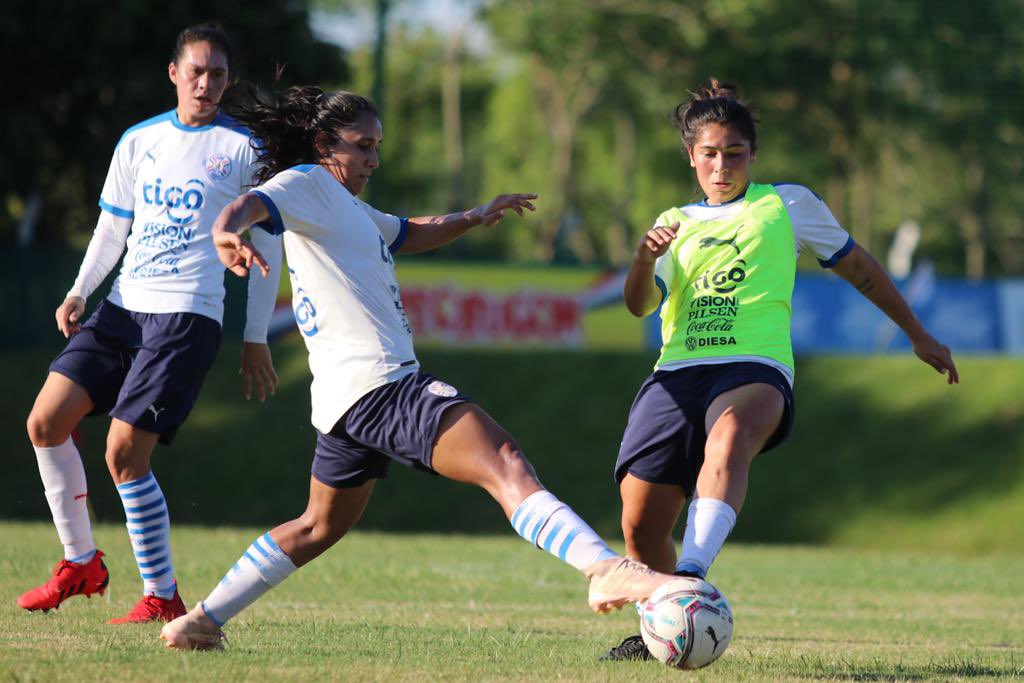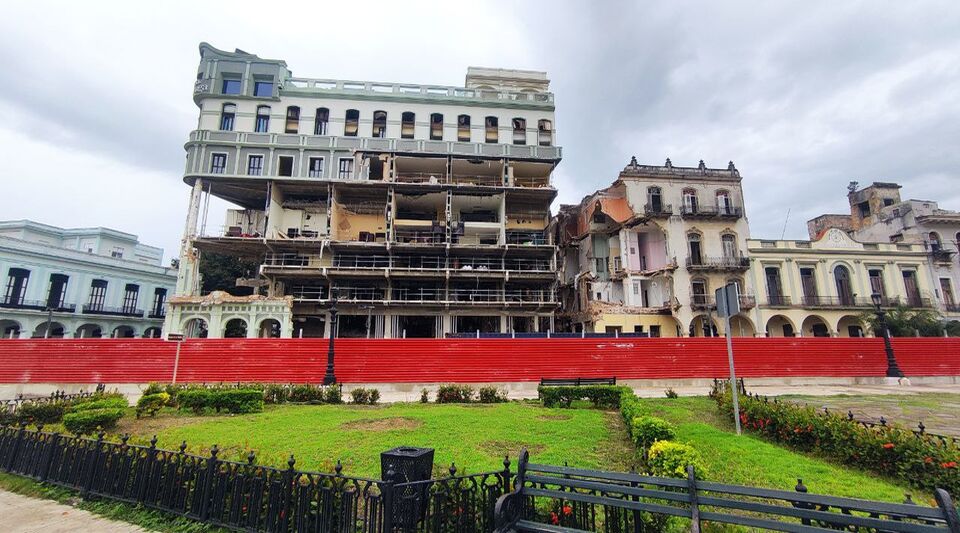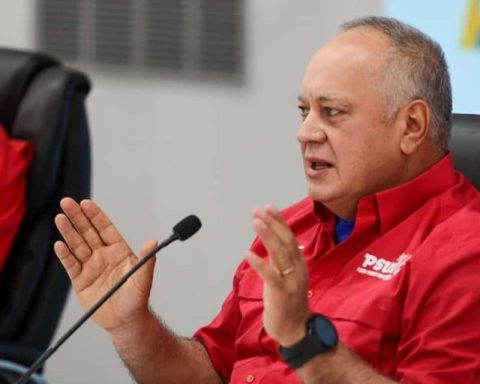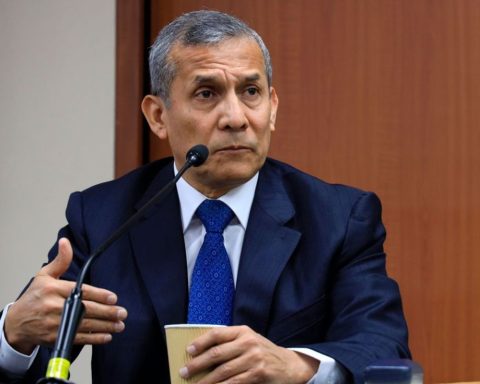Have you heard that at birth, a Mexican already owes a significant amount of money? This is a frequently performed calculation, which crosses the total value of Mexico’s country debt with the size of the national population, to determine how much a person who is just born owes. In my opinion, this type of thinking is counterintuitive: it seems that coming into the world with the possibility of living to the full, is seasoned with the obligation to cover liabilities previously created by others.
In a generic way and making a simile with common financial balances, a liability is understood as a debt. In this case we are talking about economic liabilities, but they are not the only ones; there are liabilities of all kinds: social, cultural, labor, environmental, among others.
Within a conventional family that forms a common home, assets are important because they favor future viability and are expected to be greater than liabilities. Imperfect as our civilization is, it has assets but it clearly accumulates growing and worrying liabilities.
A very clear example is related to caring for the planet. We have huge oceans and bodies of fresh water! But each new citizen of the world born today has significantly less water available than another citizen had access to just a decade ago. It is known that in the future that has already reached us, its use is rationed and, in one of those, there will even be wars to fight for the vital liquid. According to WHO and UNICEF, 2.4 billion people lack access to safe drinking water services. 36% of the world population lives in regions with water scarcity and 52% will experience it severely by 2050. However, although it is an essential fluid that is increasingly scarce, in Mexico they are consumed in average per capita 366 liters of water.
Today, there are still at least two impressive forests and jungles in the world: the Amazon in America and the Congo Basin in Africa, which are one of the most biodiverse eco-regions on the planet; However, according to the FAO, only between 2015 and 2020, 10 million hectares of forests and jungles were deforested in the world, and both the Amazon and the Congo Basin are constantly threatened.
Thus, and only referring to what was mentioned about water and forests, it is clear that our responsibility is to take care of what remains and contribute an extra that adds to the task of reversing the impact that there is in our ecosystems so that there is a future; otherwise, we will only be jointly responsible – at least – for not slowing down but even accelerating its deterioration.
But reversing the impact is not within the individual reach and, in one of these, it is not within the collective reach either if it is not generalized. The damage caused to the planet is such that it cannot be postponed to be responsible, to demand that others be responsible and to advance in the challenge of not subsidizing the responsibility of others.
Delegating the task to others is the perfect method so that nothing happens. I believe that we must go a long way in creating awareness so that current and future generations work in networks and significantly increase our involvement and drive for actions that first contain and then reverse the most critical liabilities, among them those related to the sustainable preservation of our planet and others that undoubtedly affect the essence of people, such as extreme poverty, hunger, and peace.
The size of the challenge does not warrant further cosmetic or well-intentioned actions. Really, thinking on this subject must go far beyond the most common questions that companies, for example, usually ask when they talk about their social responsibility: will we avoid losses? will we reduce expenses? will we achieve greater profit?
The actions must be of high impact: have such a size that they touch each of the monster’s arms. These must overcome the usual first filter, which is financial, and be replicable by taking advantage of the concept that moves our world today – that of “networks”. These refer to interconnection, coverage, scalability, speed and reliability. Regarding water, a distribution network is the set of pipes, accessories and structures that conduct the liquid from tanks to homes or public roads. Working on them implies overcoming isolated or silo visions, complementing and enriching to add wills and capacities, to be effective. The case that Mexico City continually faces to provide its citizens with the vital substance is a great example.
If this work is called social responsibility or in some other way, it is not as relevant as being absent from fashions and trends that tend to prevail in language and often lack substance, to go to the bottom of things and transform them; it takes less roll, more action. Because… welcome what is done today as the expectation of improving what exists, but more welcome what really transforms the harsh reality we face above the ego of saying that it helps, to modify the background of reality.
In conclusion, it is urgent to build a generalized vision in world society that with its own actions changes and improves the reality of today and the future. Let’s take this problem as a priority and try to respect the natural limits of the planet. With the breadth of the road ahead, let’s address sustainability issues with actions like the ones Kellogg promotes: improve farmland health, conserve biodiversity, protect our ecosystems, and mitigate greenhouse gases.
Let’s raise our voices so that others contribute with high impact, because… although we may be on time, we are late.
*The author is Director of Corporate Affairs for Kellogg.

